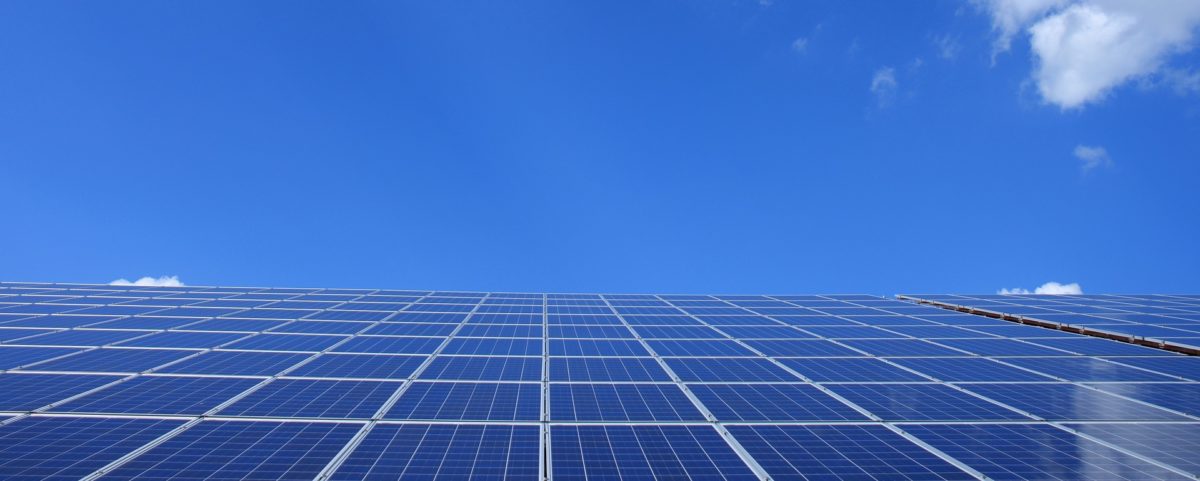Sunak was right to avoid the term ‘windfall tax’ on his revised tax arrangements for the oil companies since it involves big tax breaks for oil and gas investments that will overshadow the small short-term increase in oil tax revenues that he announced. See E3G’s analysis of the oil and gas changes here. But this massive boost for oil and gas investments (which will bring tax relief for oil and gas investments to over 90 per cent) will only benefit China, and not the UK.
Shouts of ‘energy security’ have been resounding, but, in contrast to Donald Trump’s claims that climate change policies benefit China, the reality is that it is China relative to the UK that will benefit from boosting UK oil and gas investment. That is because whilst China’s consumption of oil and gas is rising fast, the UK’s is falling, and likely to fall consistently into the future even with the current raft of energy transition policies. All we are doing by boosting oil and gas investment in the North Sea is making it easier for China to continue to expand oil and gas consumption. That’s because oil and gas prices are set globally. The Chancellor’s tax concessions for the oil and gas companies will mean increased profits as they sell British oil and gas to China on world energy markets. Even this ‘benefit’ for China is dubious given that it will slow down their climate transition.
We can see this using figures from BP’s Statistical Review of World Energy. In 2009 the UK consumed 1627 thousand barrels of oil a day and also 91.2 billion cubic metres of natural gas in that year. But in 2019 these figures fell to 1585 thousand barrels of oil a day and 78.8 billion cubic metres of gas. By contrast, from 2009 to 2019 China increased its oil consumption from 8285 to 14127 thousand barrels of oil a day and more than tripled its natural gas consumption from 90.2 to 307.2 billion cubic metres of gas.
UK oil and gas consumption will fall in the coming years, not least from the recession that is only just beginning in the UK. Oil consumption will fall as the number of electric cars (which already make up a quarter of new car sales) increases. Natural gas consumption will fall as the amount of renewable energy coming online increases and displaces gas power plant production. A faster push for onshore and offshore wind and solar farms, solar pv on rooftops, heat pumps and insulation will reduce natural gas consumption more quickly. The only thing that threatens this progress is if the UK Government slows down renewables’ expansion in favour of a fantasy deployment of nuclear power stations that seems unlikely to happen.
In fact British oil and gas producers will sell to the highest bidder, whether they are in the UK or overseas. Indeed, as Richard Black from the Energy and Climate Intelligence Unit has exposed, during the natural gas price crisis, UK natural gas producers have actually increased their exports of natural gas in order to capitalise on high global market set gas prices.
In effect more oil and gas investments will enable China to soft-pedal on its own climate transition policies. They will do nothing to increase UK’s energy security which will be protected by climate transition. Yet, amazingly, climate transition policies are being slowed in the name of protecting UK energy security. It’s a looking-glass world that can only be explained through cultural politics.
Dominant cultural politics sees policies reducing fossil fuel use as an environmental measure whilst policies protecting fossil fuel use are seen as supporting energy security. But this in rational terms, is nonsense. Climate-friendly measures will boost energy security and British interests, giving handouts to the oil gas companies will harm them.
David Toke
Sign the petition for mandatory solar panels on new buildings and fossil fuels to be banned in them. See the petition page here.
